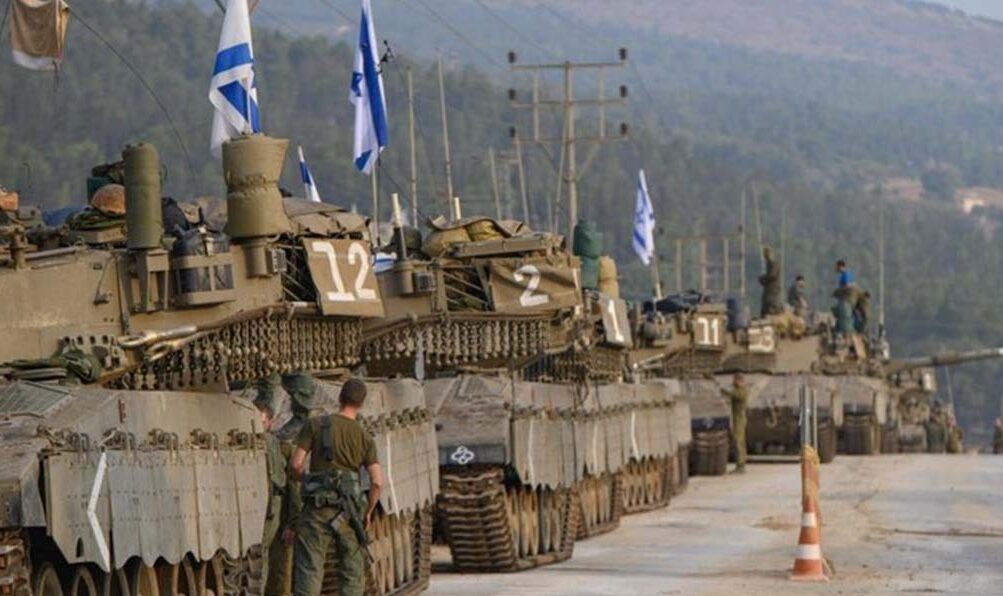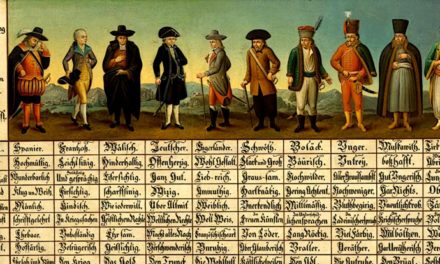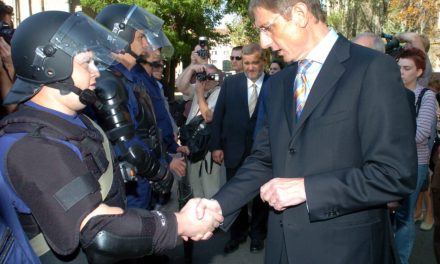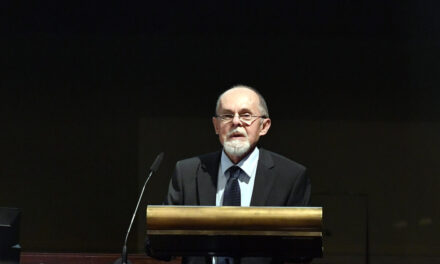World politics is always and necessarily a field of conflict between actors striving for wealth and power, as opposed to the cooperative ideals of liberalism.
Foreign Policy, one of the leading magazines of the Council on Foreign Relations (the other is Foreign Affairs), which plays a significant role in shaping American foreign policy, and the articles published in it usually reflect the thinking of at least a part of the American political elite. most recently published article in Foreign Policy puts the responsibility on American foreign policy.
The columnist Stephen M. Walt is a columnist for Foreign Policy and a professor at Harvard University's Belfer Center for International Affairs, a representative of the realist school of international relations.
This school starts from the fact that world politics is always and necessarily the field of conflicts between actors striving for wealth and power, as opposed to the ideas of liberalism that believe in cooperation.
Walt wrote many books, but he is best known for his book The Israel Lobby and American Foreign Policy, which he co-wrote with John Mearsheimer, which created a lot of dust when it was published in 2007, but its relevance has not lost its validity since then.
The main point of Walt's article is that although American foreign policy, especially during the collapse and subsequent collapse of the Soviet Union, when America was truly the only global power in the world, had the opportunity to achieve a lasting solution in the Middle East, it did not.
Walt cites five key elements or events that played or are playing a role in the current conflict, in which the United States could have had options other than what it ultimately represented.
The Madrid Peace Conference
The first was the 1991 Madrid Peace Conference, the immediate antecedent of which was the 1991 Gulf War, where the United States won a quick victory over Iraq, so that Iraq no longer posed a threat to the regional balance, and at the same time America's leading role in the Middle East was strengthened. At that time, together with the already declining Soviet Union, a conference was convened in Madrid to create peace in the Middle East. However, Iran, which considers itself a major regional power, was not invited to the conference, which would have expected a seat at the table. Iran responded to its exclusion from the talks by organizing a meeting of the forces that rejected Madrid, and then established ties with radical Palestinian groups, including Hamas and Islamic Jihad.
9/11
The second critical event was the terrorist attacks of September 11, 2001 and the subsequent 2003 invasion of Iraq. The Bush administration believed that toppling Saddam would eliminate the perceived threat of Iraq's weapons of mass destruction. However, the fall of Iraq fundamentally changed the regional balance of power, and the fear of regime change in the Middle East led by the United States also encouraged Iran to pursue a nuclear weapons capability.
Atomic deal
The third key event was Donald Trump abandoning the 2015 nuclear deal with Iran and instead adopting a policy of maximum pressure. This decision had the effect of allowing Iran to restart its nuclear program.
Abrahamic covenants
As a fourth factor, Walt mentions that the Abraham Accords initiated by Donald Trump were all made with Arab countries, none of which were active enemies of Israel, while at the same time the fate of the 7 million Palestinians living under Israeli control remains unresolved. The Biden administration continued along much the same path. He has taken no meaningful action to prevent Israel's increasingly far-right government from supporting extremist settler violence, which has resulted in a spike in Palestinian deaths and mass displacement over the past two years. Senior US officials assumed that there was nothing any Palestinian group could do to derail or slow down this process. However, all of this gave Hamas a strong incentive to show that it cannot be left out of Middle Eastern politics. The brutal and cruel attack by Hamas is deeply condemned, but it must be recognized that Hamas's decision to do something, and especially its timing, was a response to American policy.
"Unipolar Moment"
Finally, fifth, Walt mentions not an event but a process, the persistent failure of the United States to successfully complete the peace process. Washington has essentially monopolized control of the peace process since the 1993 Oslo Accords brokered by Norway and sealed with a handshake between Israeli Rabin and Palestinian President Arafat, and its various efforts over the years have ultimately led nowhere. Former US presidents Bill Clinton, George W. Bush and Barack Obama have repeatedly stated that the United States - the most powerful country in the world - is fully committed to achieving a two-state solution during the "unipolar moment" ( here ), but this outcome is now further away. there is more than ever.
According to Walt, these background elements are important because the unipolar world has been shaken. Several influential states are questioning the "rules-based order" that the United States has represented for decades.
China, Russia, India, South Africa, Brazil, Iran and others are openly calling for a multipolar order where power is more evenly distributed. They want to see a world where the United States no longer acts as the so-called indispensable power, expecting others to follow its rules while ignoring them itself when its interests so desire.
Unfortunately, says Walt, the events just described and their impact on the region provide strong ammunition for positions questioning the unipolar world order, and he quotes from one of Putin's recent speeches:
“Terrorist groups have formed and mutated, instilling fear on several continents, and Iran is inching closer to a nuclear bomb. There is no security for Israel, and there is no security or justice for the Palestinians. This is what we get when we let Washington run everything. Whatever their intentions, American leaders have repeatedly shown that they have neither the wisdom nor the objectivity to achieve positive results even for themselves."
Finally, Walt concludes that the US government's foreign policy team is adept at using the tools of American power and the machinery of government to deal with short-term problems, but is stuck in an outdated vision of America's global role, including how it handles the Middle East.
The views of Walt and his ilk are certainly in the minority among the forces shaping American foreign policy. But the fact that this article could be published in one of the journals that most influence American foreign policy indicates that the voice of those who want to make American foreign policy accept that the unipolar world is ending is getting stronger. The United States must prepare for the sharing of world power, within the framework of which there may be an opportunity to create peace in the Middle East, because with the current setup, Israel can win wars, but not peace.
The author is an economist and a consultant to the National Forum
Featured image: The Israeli attack on the Gaza Strip will begin soon / Photo: Northfoto













